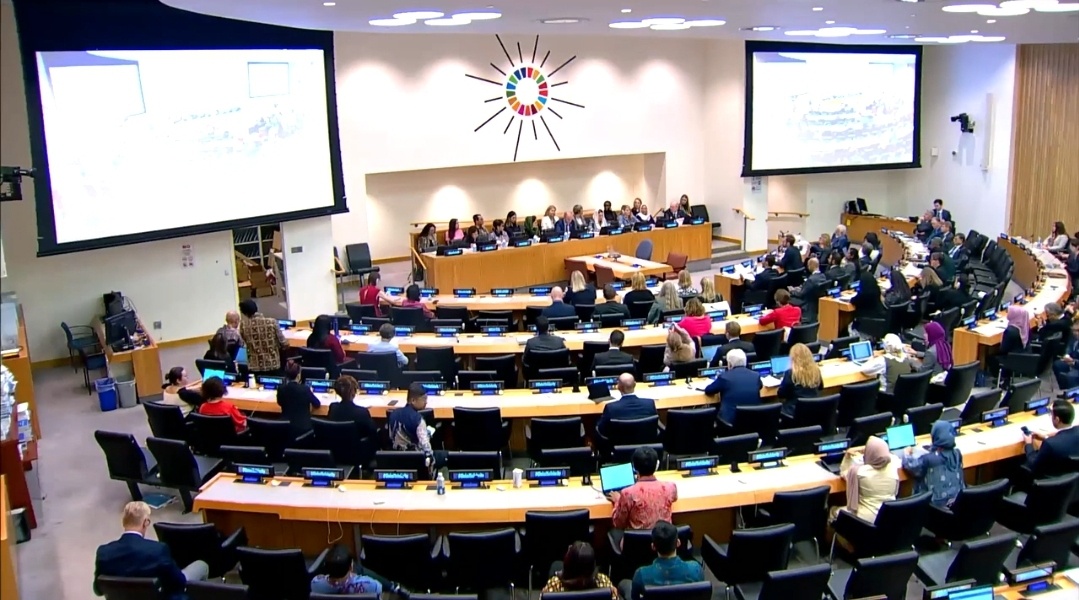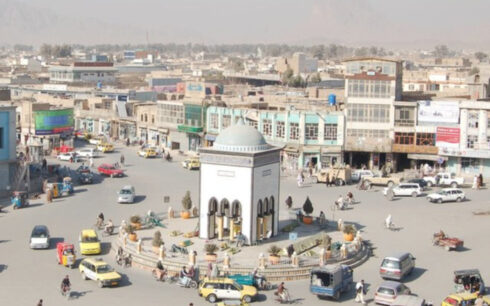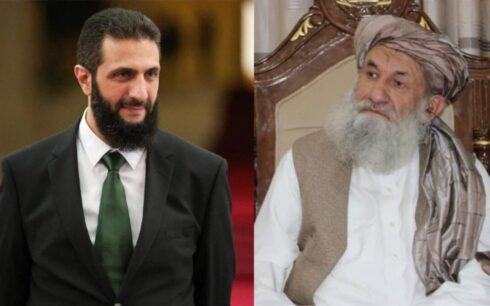Women’s rights activists and diplomats have called on the world to take practical steps against the Taliban in order to get restrictions against women and girls in Afghanistan lifted.
Attending an event on the sidelines of the UN General Assembly, titled “Global Solidarity with Afghan Women and Girls”, activists and diplomats said the international community needs to show their support through actions.
Addressing the event, US special envoy for Afghanistan, Thomas West said that the foreign community has maintained unity “when it comes to several big steps for the normalization that we will not take until and unless we see a fundamental change in how the Taliban treat half of their population.”
He raised the issue of Afghanistan’s frozen assets and said none of the money “is going to the central bank that is still controlled by the Taliban.”
He also underscored the efforts made to restrict Taliban leaders from traveling abroad. “There has not been a move to restore a travel ban waiver that has effectively grounded Taliban leaders. Their foreign minister has made two trips in over a year since then,” he said.
West also stressed the need to continue supporting UNAMA.
“They got a great mandate renewal both in 2022 and 2023. Come up this March, we should ensure that they have a robust human rights and governance mandate as well,” he said.
A member of Afghanistan’s former parliament, Fawzia Koofi, also attended the event and said that the international community should prove their support to the people of Afghanistan, particularly girls and women, by taking practical action.
“For you, Afghanistan is a mission or a goal but for us, it is our country. Please tolerate us. We are getting harsh or mad sometimes and we sometimes lose our hopes. We have lost everything. Now it is up to you to stand on the right side of history not only in words but in practice,” Koofi said.
Participants also raised concerns over restrictions imposed by the Taliban on the Hazara and Shia citizens of Afghanistan.
Habiba Sarabi, former minister of women’s affairs, a ministry abolished by the Taliban, said that gender apartheid exists in Afghanistan.
“For all of us, recognize that there is gender apartheid in Afghanistan, and continue to exert public and private pressure from all possible sides to prevent the normalization of the Taliban’s gender apartheid,” she said.
The Taliban’s restrictions on girls and women, which the regime claims is in keeping with Islamic Sharia, have also come under sharp criticism by Muslim countries and the Organization of Islamic Cooperation (IOC).
Asila Wardak, a human rights activist, said the Taliban’s restrictions and edicts affects women and girls in Afghanistan psychologically.
“Even in terms of mobility, they are not allowed to go to parks. Imagine this in the 21st century, what the Taliban is doing, it is not Islam, it is not religious,” she said.
The participants at the event called for an immediate end to restrictions on girls and women in Afghanistan.





